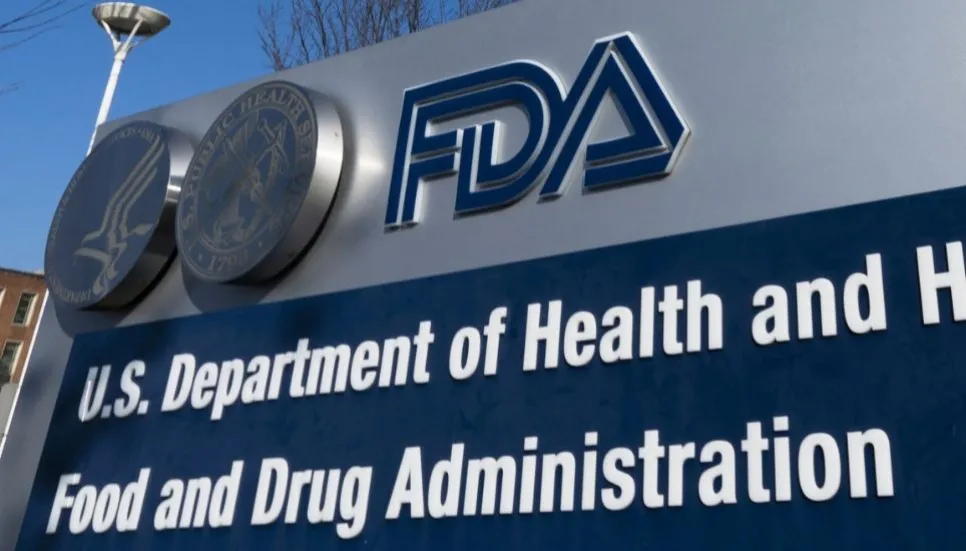
A new paper by Roger Bate, a nonresident scholar at the International Center for Law and Economics (ICLE), has raised the alarm over the safety and quality of unapproved tobacco harm reduction (THR) products in the US market.
Published by ICLE, the paper highlights a troubling gap between regulatory policies and market realities, which could put consumers at risk, read a press release.
The ICLE is a nonprofit, nonpartisan research center that promotes the use of law and economics to inform public policy. Its goal is to advance data-driven solutions for efficient policies that promote consumer welfare and economic growth.
Bate’s research, conducted at 14 gas stations in the Philadelphia suburbs, found that over 99% of the THR products on sale were either illegal or operating in a legal grey area.
Consumers, seeking alternative flavors not approved by the US Food and Drug Administration (FDA), are purchasing these unregulated products. This trend reflects a broader issue across the East Coast of the United States, where unapproved THR products dominate both legal and illicit markets.
While the UK has embraced THR as a key part of its strategy to reduce smoking-related deaths, US policy has remained inconsistent.
The FDA’s slow approval process, coupled with patchy enforcement, has created a regulatory void, allowing an underground market to thrive. Retailers, unclear on the legality of many products, are prioritising consumer demand over compliance.
Bate’s paper calls for clear and enforceable quality standards to ensure consumer safety. He warns that many of the unapproved products could pose significant health risks due to unknown manufacturing conditions and a lack of oversight.
In Bangladesh, experts have warned that prohibiting THR products could inadvertently lead to the rise of illicit alternatives.
Earlier this year, several internationally renowned public health experts expressed their concerns that without a well-regulated market for THR, consumers may turn to unapproved, underground products, creating an unregulated black market.
This scenario would not only undermine tobacco control efforts but also jeopardize public health and deprive the government of a potential source of revenue, as these unregulated products are often substandard.
A similar case study can be found in India where the banning of electronic-cigarettes, has resulted in undesired consequences.
Dr Rohan Sequeira, a renowned Public Health Advocate and Cardiology and Endocrinology Specialist at The Revival Clinic opines – “The ban on Tobacco Harm Reduction products, namely e-cigarettes, in India aimed to protect young people from starting to use tobacco and to follow WHO's advice against Tobacco Harm Reduction (THR) items like smokeless tobacco and heat-not-burn products.
While it's commendable that the Indian Government wants to shield youth from Tobacco Harm Reduction products, the ban overlooks the millions already using traditional tobacco, which poses greater health risks like lung cancer and heart disease.
Moreover, the ban on Electronic Nicotine Delivery Systems (ENDS) has not had much impact on smoking cessation. On the contrary, it has shifted the entire sale and marketing to underground channels.
Though the ways of access to such products are more in urban than rural areas, with younger people being targeted, since this is now banned, there is no quality control or regulatory benefit to users of such products”
As such, it is imperative for our lawmakers to critically analyze policies on Tobacco Harm Reduction and advocate for passing sensible, practical, and implementable policies that will be in line with the public health interest of the country.